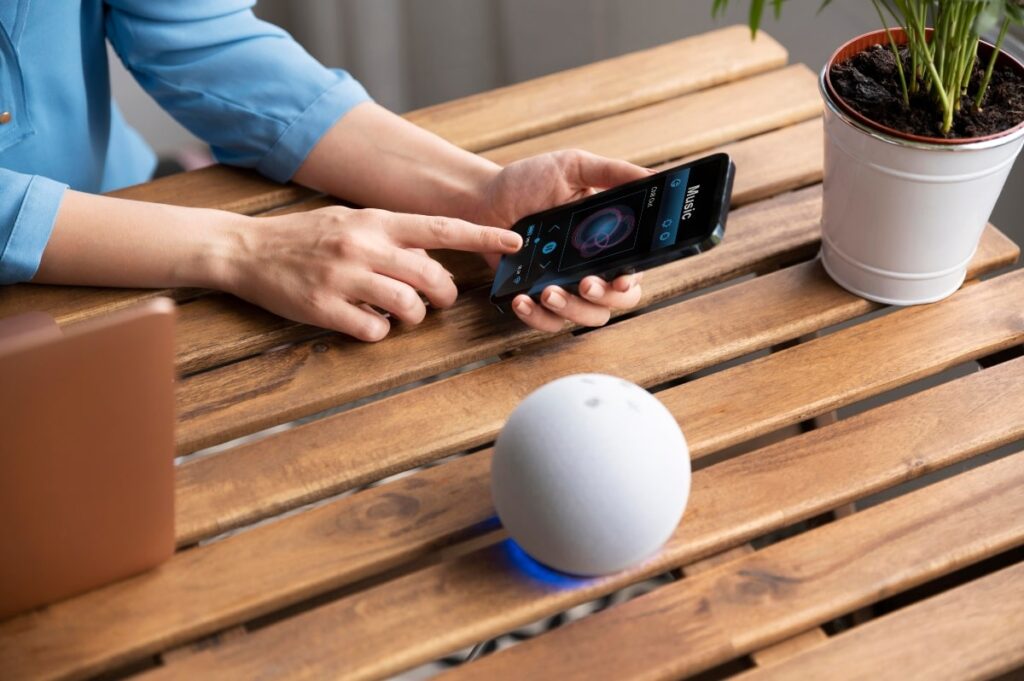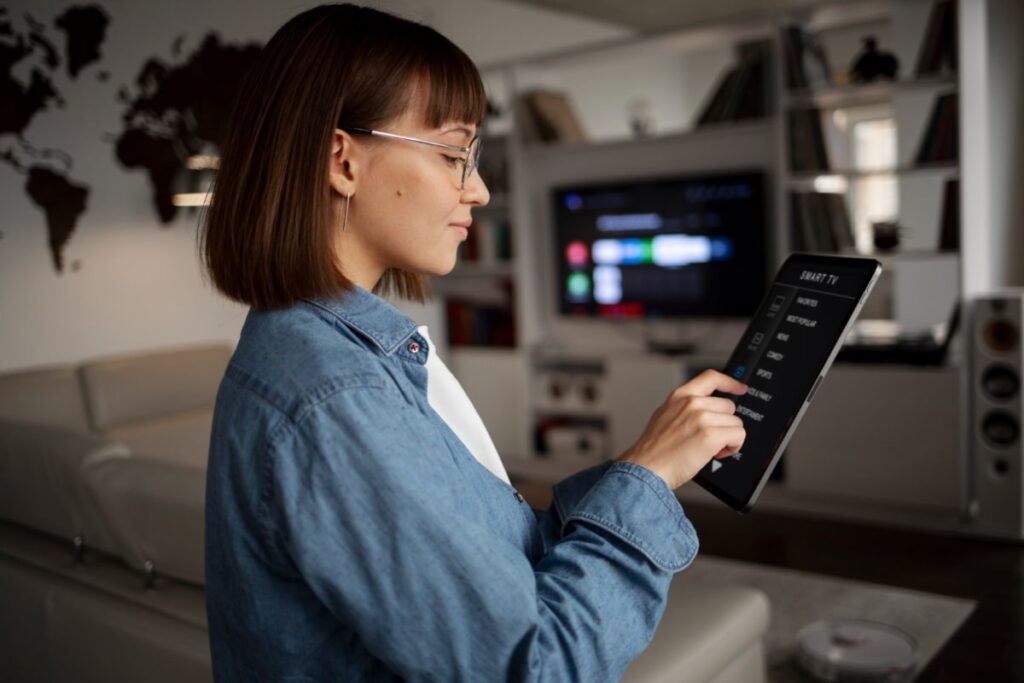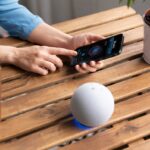In recent years, smart home technology has revolutionized how we interact with our living spaces. Home automation makes everyday tasks effortless and convenient, from managing lights and climate to securing property and controlling appliances. However, with a growing number of devices and platforms available, finding the best automation system for the home can be overwhelming. This comprehensive guide breaks down the essentials, helping homeowners choose the perfect system.
What is a Home Automation System?
A home automation system is an integrated technology setup that allows homeowners to control various electronic devices and systems remotely or automatically. These systems are typically controlled through a smartphone app, voice assistant, or centralized control panel. The main objective of automation is to simplify daily routines, increase security, reduce energy consumption, and provide comfort.
Basic components of an automation system include bright lights, thermostats, security cameras, door locks, smart speakers, and other connected appliances. These devices communicate with each other through a central hub or cloud-based system, offering seamless control and coordination.
Key Features of the Best Home Automation Systems
When evaluating different options, it’s essential to understand what makes a home automation system truly effective. The best systems offer broad compatibility, user-friendly interfaces, reliable performance, and the ability to expand as your needs grow.
One of the top features to look for is device compatibility. A system that supports multiple brands and products allows you to choose the best devices across categories. Another essential feature is ease of use. Whether through a dedicated mobile app or voice assistant integration, the system should be intuitive and easy to navigate.
Security is another critical factor. Top-rated systems have secure communication protocols, automatic updates, and end-to-end encryption to protect your data and ensure device integrity. Energy management features like smart thermostats and lighting schedules can also help you save on utility bills.
Top Brands Offering the Best Automation Systems for Home
Several companies have emerged as leaders in the home automation market. Brands like Google Nest, Amazon Alexa, Apple HomeKit, and Samsung SmartThings are known for their reliable and feature-rich systems.
Google Nest provides a well-rounded ecosystem that integrates seamlessly with Google Assistant. From smart thermostats to security cameras, Nest offers both convenience and efficiency. Amazon Alexa, on the other hand, focuses heavily on voice control. Its Echo devices can control everything from lights and locks to music and appliances with simple voice commands.
Apple’s HomeKit is designed for deeply embedded users in the Apple ecosystem. It ensures tight integration with iPhones, iPads, and Siri. Meanwhile, Samsung SmartThings supports many third-party devices and is ideal for users who want a more customizable solution.
Choosing the Right System for Your Home Size and Lifestyle
The best home automation system isn’t just about features or brands—it’s about finding what fits your unique living situation. A small apartment might only need a few smart plugs, lights, and a voice assistant, while a large house may require more advanced systems with multiple sensors, cameras, and dedicated hubs.
Lifestyle is another important consideration. A system with remote access and advanced security alerts will be valuable if you travel frequently. Families with kids might prioritize child-proofing features or school schedule automations. Tech-savvy users may enjoy platforms that allow advanced customization through routines and third-party app integrations.
Installation: DIY vs Professional Setup
Homeowners’ most significant decision is whether to go for a DIY installation or hire a professional. Most smart home systems today are designed to be user-friendly, and many homeowners can install devices like smart plugs, bulbs, and even doorbells without assistance.
However, larger systems involving wiring, integrated security systems, or HVAC controls may require professional help. Hiring a certified installer ensures proper configuration, optimal device placement, and complete system integration. It may cost more upfront but can save time and prevent future issues.
Future-Proofing Your Smart Home System
Technology evolves rapidly, and a future-proof system ensures you won’t have to start from scratch every time a new device comes out. Look for systems that receive regular software updates, support new smart devices, and offer cloud-based services.
Scalability is also important. Choose a platform that can grow with your home and lifestyle changes. For example, start with lighting and expand into smart locks, cameras, and voice assistants. Cloud-based platforms often allow over-the-air updates and integration with emerging technologies like artificial intelligence and machine learning.
Final Thoughts: Making the Right Investment
The journey to finding the best home automation system begins with understanding your needs and matching them with a solution that offers flexibility, control, and reliability. While choosing the most affordable option or following the latest trends may be tempting, thinking long-term is essential. A smart home should adapt to your life, not complicate it.
You’ll invest in comfort, convenience, and peace of mind by choosing a reputable system with solid customer support and device compatibility. Whether starting small or planning a full-home upgrade, the right home automation system will turn your living space into a smarter, safer, and more enjoyable place.




